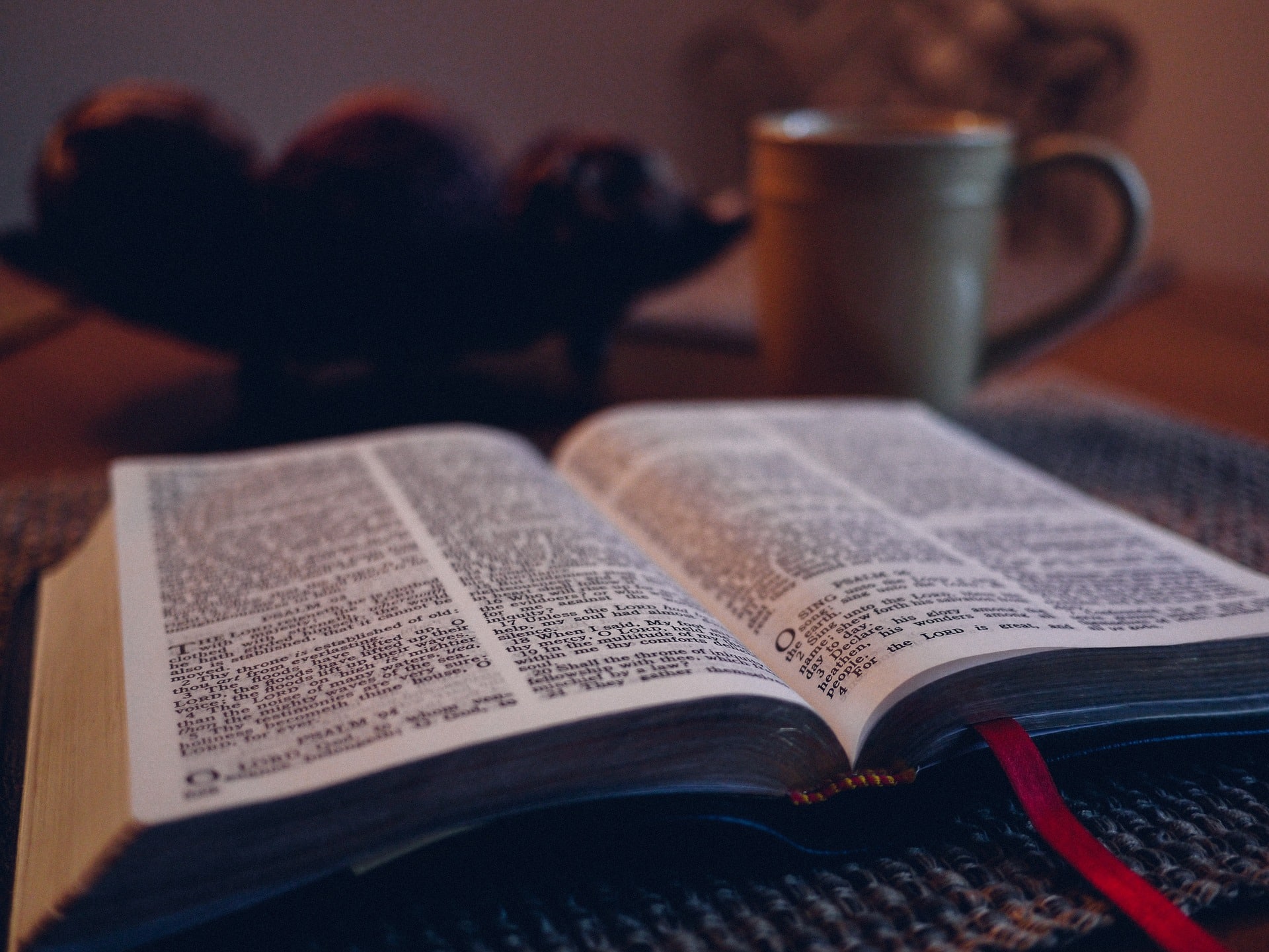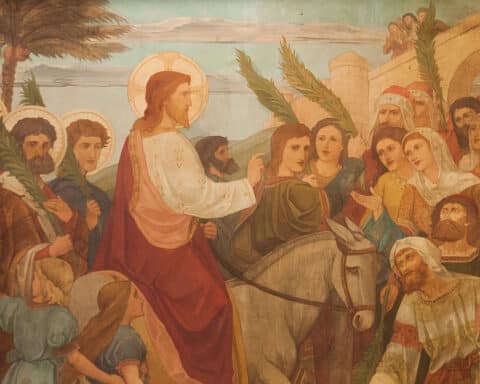In a fallen world, power wins. Laws are passed in favor of abortion, against the immigrant and criminalizing the homeless because the powerful exert their will over the weak.
There are winners, and there are losers. It’s better to win.
Yet divine power is different. It doesn’t work through force but through love. God operates according to an uncanny logic, one where the weak become strong and the powerless powerful.
In Ezekiel, we hear about this logic of love. Cedars were found throughout current day Lebanon, outside of the geographic boundaries of Israel. They were majestic trees, visible to all.
In Psalm 92, God promises that the just, those who followed the divine law of love, would become like the cedars of Lebanon. Yet, this transformation of Israel into the powerful cedar will take place through an act of divine gardening. God will take the smallest top of one of these cedar trees, planting it high on a mountain.
| 11th Sunday in Ordinary Time – June 17, 2018 |
|---|
|
EZ 17:22-24
PS 92:2-3, 13-14, 15-16
2 COR 5:6-10
MK 4:26-34
|
The transplanted tree will grow and flourish. Myriads of various birds will find a home in its boughs. With God, all is possible: “I, the LORD, bring low the high tree, lift high the lowly tree, wither up the green tree, and make the withered tree bloom” (Ez 17:24). From death, life will blossom.
In Mark, Jesus tells two parables that relate to the divine power of the kingdom of God. A man scatters seed. As a farmer, he could do all sorts of work to make the seed sprout. But he cannot control the moment of growth. The moment simply arrives; the harvest comes in a hidden manner. The kingdom of God is a mystery hidden from the eyes of mere mortals.
In this kingdom, the smallest of seeds can become the largest of trees. Speaking hyperbolically (the mustard seed is neither the smallest of seeds nor the largest of trees), Jesus takes up the image of the tree from Ezekiel.
The kingdom of God is like the mustard tree where all birds (representing the entire world) will gather. Such a gathering unfolds not through human ingenuity or force but through divine power alone. It is God who makes the mustard tree bloom. It is God who will bring all nations into the Church through the hidden mystery of love.
This doesn’t mean that those of us baptized into Christ can sit back and relax. In St. Paul’s second letter to the Corinthians, we hear, “For we must all appear before the judgment seat of Christ, so that each may receive recompense, according to what he did in the body, whether good or evil” (2 Cor 5:10).
In a sense, our bodies are the field where the seeds of the divine kingdom grow. We often think about salvation as a matter related exclusively to the soul. This is wrong. Our salvation is unfolding through the body, through the hidden deeds of love that are the seeds of eternal life growing here and now.
The goal is not to escape our bodies. Instead, it is to let our bodies become transformed into a space of divine power. Into a space of love.
The opportunities are plentiful for this transformation. Each time we stand up to the powers of the world, the hidden mystery of love is written upon our bodies. Each time we love when it’s inconvenient, when force seems more effective, the seeds of the kingdom are planted in our bodies.
And one day, just like the sudden harvest in the parable, it is our very bodies that will be transfigured in total love.
A hidden mystery indeed.
Timothy P. O’Malley, Ph.D., is managing director of the McGrath Institute for Church Life.





